Sweeteners derived from monk fruit are one of the healthiest alternatives to sugar because they employ only natural substances in their production. If you are unfamiliar with the world of monk fruit in the raw sweeteners, do not worry because we have you covered. This article will supply you with all of the information that you will require in order to purchase a monk fruit in the raw sweetener.
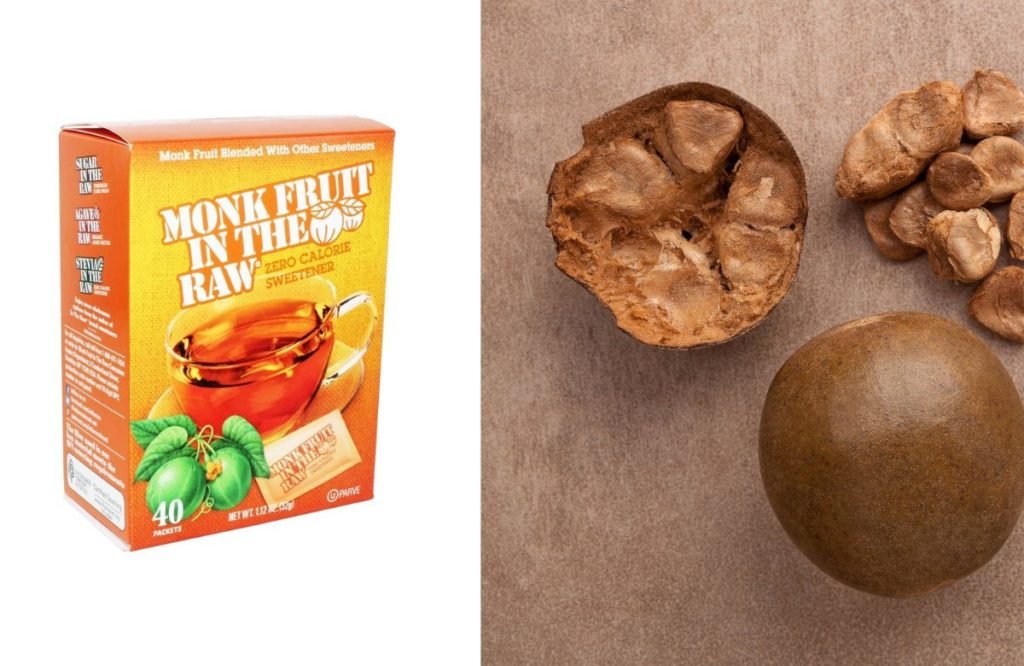
What Are Monk Fruit Sweeteners?
Sweeteners derived from monk fruit are an alternative to sugar that contain no calories and can be used instead of sugar in baking. Because some individuals are unable to consume sugar because of diabetes or for other reasons related to their health, these sweeteners allow those individuals to experience a sweet flavour without the addition of carbohydrates or calories.
Even people who are trying to keep their weight under control or who are transitioning to a different diet such as the ketogenic diet, a gluten-free diet, or another natural diet can reap the benefits of these. They are derived from extracts of monk fruit, which is a type of fruit that is native to Southern China. This is a much better alternative to using artificial sweeteners thanks to the natural ingredients, as well as the fact that there are no calories or net carbs involved.
Remember that monk fruit extract is very high in sugar content; this is an essential fact to bear in mind. It is around 150 to 200 times sweeter than sugar, which indicates that just a very small amount is required to get a given level of sweetness. When compared with sugar, it has roughly 150 to 200 times the sweetness. The majority of manufacturers do what most brands do, which is to add other compounds such as erythritol, which helps balance out the sweetness of the flavour. In most cases, a mixture of erythritol and extract from monk fruit is supplied, and the amount of sugar that is replaced by monk fruit sweetener is kept at a ratio of 1:1. This indicates that you will employ the same quantity of sweetener as you would sugar in the recipe. Due to the fact that they melt in the same manner as sugar does, these sweeteners can also be used in cooking and baking.
Who Can Benefit From Monk Fruit Sweeteners?
Sweeteners derived from monk fruit are suitable for consumption by a wide variety of individuals. We have compiled a short summary of the many categories of persons who stand to gain the most from them.
People who have diabetes
Sugar is a no-go for diabetics, therefore replacing it with a healthier option is essential for individuals who have the disease. The use of artificial sweeteners is not recommended due to the fact that they are not healthy and have the potential to cause damage over time. Sweeteners derived from monk fruit may be beneficial for diabetics with both type 1 and type 2 of the disease.
Diet-conscious persons
Because they do not contain any calories or carbs, monk fruit sweeteners can also be beneficial to people who follow particularly stringent diets, such as the ketogenic diet or an all-natural diet. They make it possible for you to consume an unlimited amount of sweets without causing your weight to increase. Additionally, it is possible that they will not have a direct impact on weight loss; but, because you will be consuming fewer calories, you may find that your body weight decreases as a result of this change. Additionally, the vast majority of brands are both vegan- and kosher-compliant.
Children
You may want to think about using monk fruit sweeteners for your child if they have a sweet tooth and you are concerned that it may cause them to gain weight quickly or develop cavities in their teeth. Because they do not include any synthetic components, they are perfectly natural and may be ingested by people of any age group without any concerns. If you are concerned about getting cavities, you should make sure to get one that is designed to keep your teeth clean while also protecting them from harm.
Top Review
To tell you the truth, this did catch me off guard a little bit. Something unique about the sweetness was how it made you feel. Still working on a way to more specifically describe what the flavour is like. I tried several various applications of the sweetener. I experimented with it in baking, as well as in coffee and tea. I found that starting with coffee and moving on to tea was the most effective method. Baking it left a bit of an unusual after flavour, which could be described as a combination of the after taste of Stevia and Spenda. Coffee helps to mask some of the strange aftertaste, making the overall experience more pleasurable.
Because ketosis, low carbohydrate diets, and gluten-free diets are all essential considerations for me when selecting an alternative to sugar as a sweetener, I appreciate the product’s characteristics. That was a lesson that I picked up really fast. On average, I only need a third of the packet to flavour a drink that’s between 8 and 10 ounces. Baking with it is a simple substitution to make. In contrast to some of the other available options, there is no need for elaborate measuring. In general, I’d use it again in place of my regular sweetener if I couldn’t get it.
Conclusion
If you are looking for a sugar substitute that is suitable for vegans, another fantastic alternative to consider trying is the monk fruit sweetener sold by In The Raw. Not only is it kosher-compliant, but it also has a non-genetically modified organism (GMO) certification and a keto endorsement. These certificates provide credibility to the company’s assertions, which are already impressive.
There are no carbohydrates after accounting for net carbs, and the sweetness comes from extracts of several plants. In addition, because it contains no calories, it is appropriate for persons who are watching their weight as well as diabetics. Because the ratio is 1:1, it indicates that one cup of this sweetener is equivalent to one cup of traditional sugar. Erythritol is added to this as well, so that it has a more robust flavour. If you wish to make a larger purchase, you can opt for the value pack that comes with 8 individual servings.
PROS
- Certified ketogenic and suitable for kosher diets
- Zero carbohydrates and zero calories net.
- Cost-effective value pack available
CONS
- It’s possible that the prices of the individual packs are a bit high.
FAQ’s
Q. What are the risks associated with the use of monk fruit sweeteners?
A: Although monk fruit sweeteners do not pose any direct health risks, some individuals might have an allergic reaction to the fruit itself. Swelling, wheezing, dizziness, rashes, and vomiting are some of the symptoms that can indicate an allergic reaction. Immediately seek medical attention if you experience any of these symptoms after use of the substance in question.
Q: Are monk fruit sweeteners hard to digest?
A: No, monk fruit sweeteners do not have any negative side effects, such as bloating or discomfort in the abdominal region. In point of fact, the majority of monk fruit sweeteners are simple to digest due to the fact that they are easily digested.
Q. Do the sweeteners made from monk fruit leave an aftertaste?
It’s possible that it will take some time for you to get used to the flavour of monk fruit sweeteners because they have a somewhat different flavour profile than conventional sugar. Some people find that certain brands of these sweeteners have an aftertaste that is unpleasant, and this is something that they should avoid.


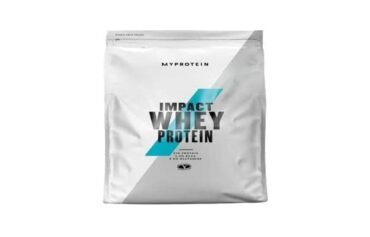
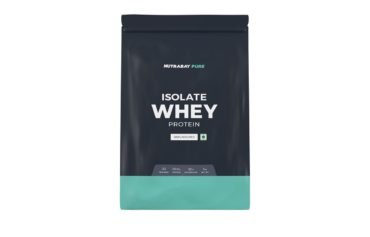
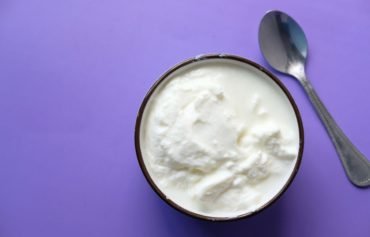

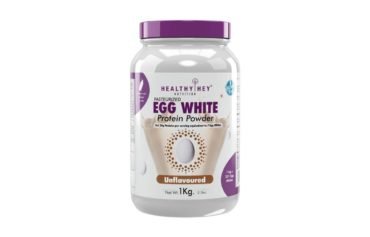
This Post Has One Comment